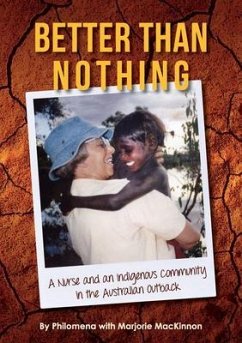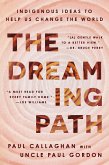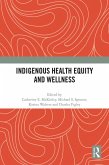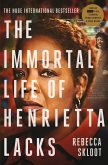This engaging yet powerful memoir breaks the boundary between popular and scholarly accounts of Indigenous life in a remote Outback region in Western Australia.
This is the story of a former nun who was guided by a spiritual quest to help the poorest and most neglected people in her country, Australia. For 15 incredible years (1981-1996), she lived and worked as a remote-area community nurse in an Indigenous community in the Heart of the Pilbara.
In recalling a variety of her experiences, "Philla" inadvertently provides a gateway to the unvarnished history about life in a remote drinking town. The importance of the Royal Flying Doctor Service, the impact of alcohol on family life and domestic violence, child sexual abuse, cultural differences, mental illness and social injustice are recounted.
The ethnographic quality of her writing brings attention to the vulnerability of under-educated Indigenous people, to the failings of legislation, and to the "cracks in the system" that enable exploitation, inadequate services and abuse of power.
Some of her stories are sweet, some are funny, but many are heart-rending. We must read her book in its entirety in order to see this world through her eyes. In doing so, we are drawn into this community and leave with a deeper understanding of Indigenous people whose voices have yet to be heard.
Philomena's successes in achieving 100% school attendance, preventing suicides, and gaining the love and respect of this remote community prove it is possible to better the lives of Indigenous people.
This is the story of a former nun who was guided by a spiritual quest to help the poorest and most neglected people in her country, Australia. For 15 incredible years (1981-1996), she lived and worked as a remote-area community nurse in an Indigenous community in the Heart of the Pilbara.
In recalling a variety of her experiences, "Philla" inadvertently provides a gateway to the unvarnished history about life in a remote drinking town. The importance of the Royal Flying Doctor Service, the impact of alcohol on family life and domestic violence, child sexual abuse, cultural differences, mental illness and social injustice are recounted.
The ethnographic quality of her writing brings attention to the vulnerability of under-educated Indigenous people, to the failings of legislation, and to the "cracks in the system" that enable exploitation, inadequate services and abuse of power.
Some of her stories are sweet, some are funny, but many are heart-rending. We must read her book in its entirety in order to see this world through her eyes. In doing so, we are drawn into this community and leave with a deeper understanding of Indigenous people whose voices have yet to be heard.
Philomena's successes in achieving 100% school attendance, preventing suicides, and gaining the love and respect of this remote community prove it is possible to better the lives of Indigenous people.
Dieser Download kann aus rechtlichen Gründen nur mit Rechnungsadresse in A, D ausgeliefert werden.









